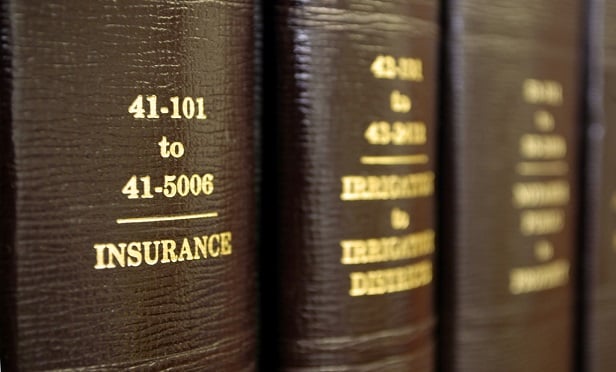
It was widely reported that a pedestrian in Arizona was recently struck and killed by an Uber self-driving automobile in the testing stage.
A secondary story to emerge from this tragedy has been about the overall safety of self-driving cars. Some companies have temporarily suspended the testing of their autonomous vehicles; Arizona put the brakes on allowing Uber to test such vehicles on public roads.
|Let's get real
Although automobile manufacturers long ago conquered cruise control, and blind-spot monitoring is an impressive innovation, I'm dubious that drivers will ever be playing Yahtzee on the way to work.
Nonetheless, the talk of safe, self-driving automobiles is so serious that some insurance companies have warned their investors in securities filings that there could be a decrease in demand for auto insurance.
Recommended For You
Want to continue reading?
Become a Free PropertyCasualty360 Digital Reader
Your access to unlimited PropertyCasualty360 content isn’t changing.
Once you are an ALM digital member, you’ll receive:
- Breaking insurance news and analysis, on-site and via our newsletters and custom alerts
- Weekly Insurance Speak podcast featuring exclusive interviews with industry leaders
- Educational webcasts, white papers, and ebooks from industry thought leaders
- Critical converage of the employee benefits and financial advisory markets on our other ALM sites, BenefitsPRO and ThinkAdvisor
Already have an account? Sign In Now
© 2025 ALM Global, LLC, All Rights Reserved. Request academic re-use from www.copyright.com. All other uses, submit a request to asset-and-logo-licensing@alm.com. For more information visit Asset & Logo Licensing.








